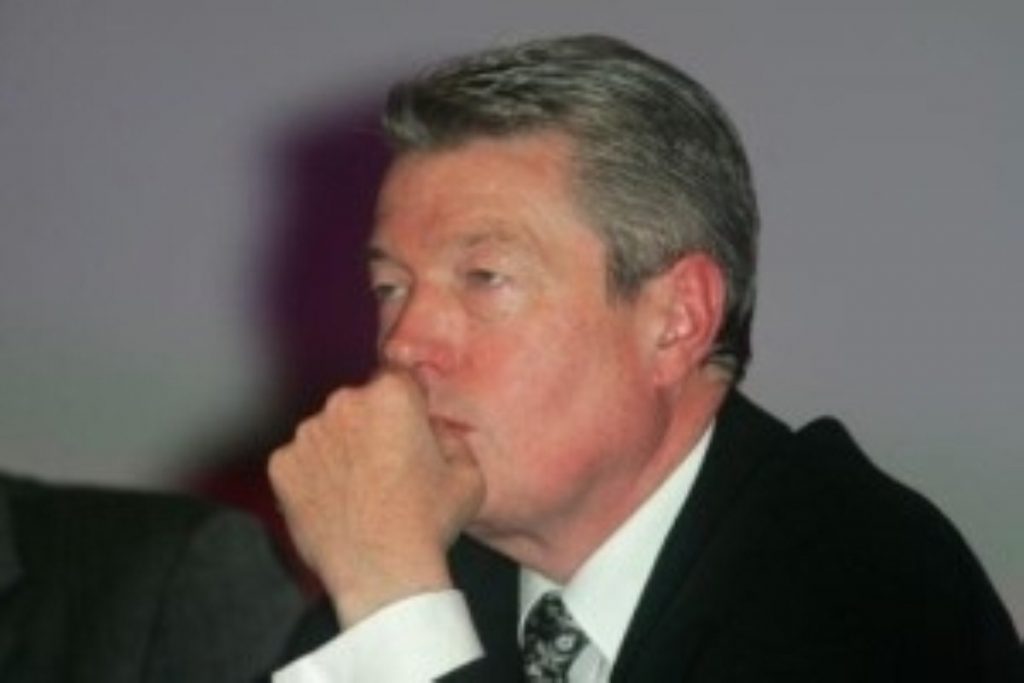GCSE maths coursework scrapped
The coursework element of GCSE maths will be scrapped and in all other subjects it will be supervised, the education secretary has announced.
In a speech to the Labour party conference in Manchester, Alan Johnson also announced more help for children in care to ensure the state can provide them with the “security and love that they’ve been denied”.
The proposals were broadly welcomed by teaching unions, although they expressed concern at time implications of the “supervision” element of coursework.
Mr Johnson is considered a potential candidate for the Labour leadership contest, and today’s speech – his first address to conference as education secretary – was an important one.


He told delegates that no Labour politician “could be anything other than proud” to take on his job, and praised the work the government had done so far.
Mr Johnson said technology had improved teaching methods across the country, but was also being exploited by some students who used the internet to copy coursework.
“After a detailed review, I can announce today we will remove all GCSE coursework from maths and, in other subjects, coursework will be supervised,” he said.
“We have one of the most rigorous exam systems in the world – we can not have it devalued and undermined by the few who cheat by copying from the internet.”
Steve Sinnott, general secretary of the National Union of Teachers (NUT), welcomed Mr Johnson’s plans, saying: “There are some subjects for which [coursework] is totally inappropriate.
“I hope however that coursework is retained for subjects such as the arts, geography and history.”
ASCL general secretary John Dunford concurred, saying: “Although nobody will mourn the death of coursework in GCSE maths, coursework remains a legitimate way to test a wide range of skills and knowledge in other subjects.
“However, in the age of the internet plagiarism represents a real problem and it is right that the regulations on carrying out coursework recognise this.”
But NASUWT general secretary Chris Keates said he “remains to be convinced” that supervision would deal with the problem of plagiarism, and NAHT [the National Association of Head Teachers] noted that this extra work would put extra pressure “in a very demanding school day”.
Mr Johnson also addressed increasing concerns about the plight of children in care, who are five times less likely to pass their GCSEs and 25 times more likely to go to jail.
“Instead of bringing them up, we let them down – bouncing them from one location to the next, dumping them in the worst schools and forcing them to fend for themselves from the tender age of 16,” he said.
The government would publish detailed plans to help these children next month, he said, but in the meantime he pledged an extra £100 for each child every year they were in care, as part of their child trust fund, and a new £2,000 university bursary.
Children’s charity NCH praised the move as a “significant step in the right direction”, but chief executive Clare Tickell said she expected further reforms in the green paper.












